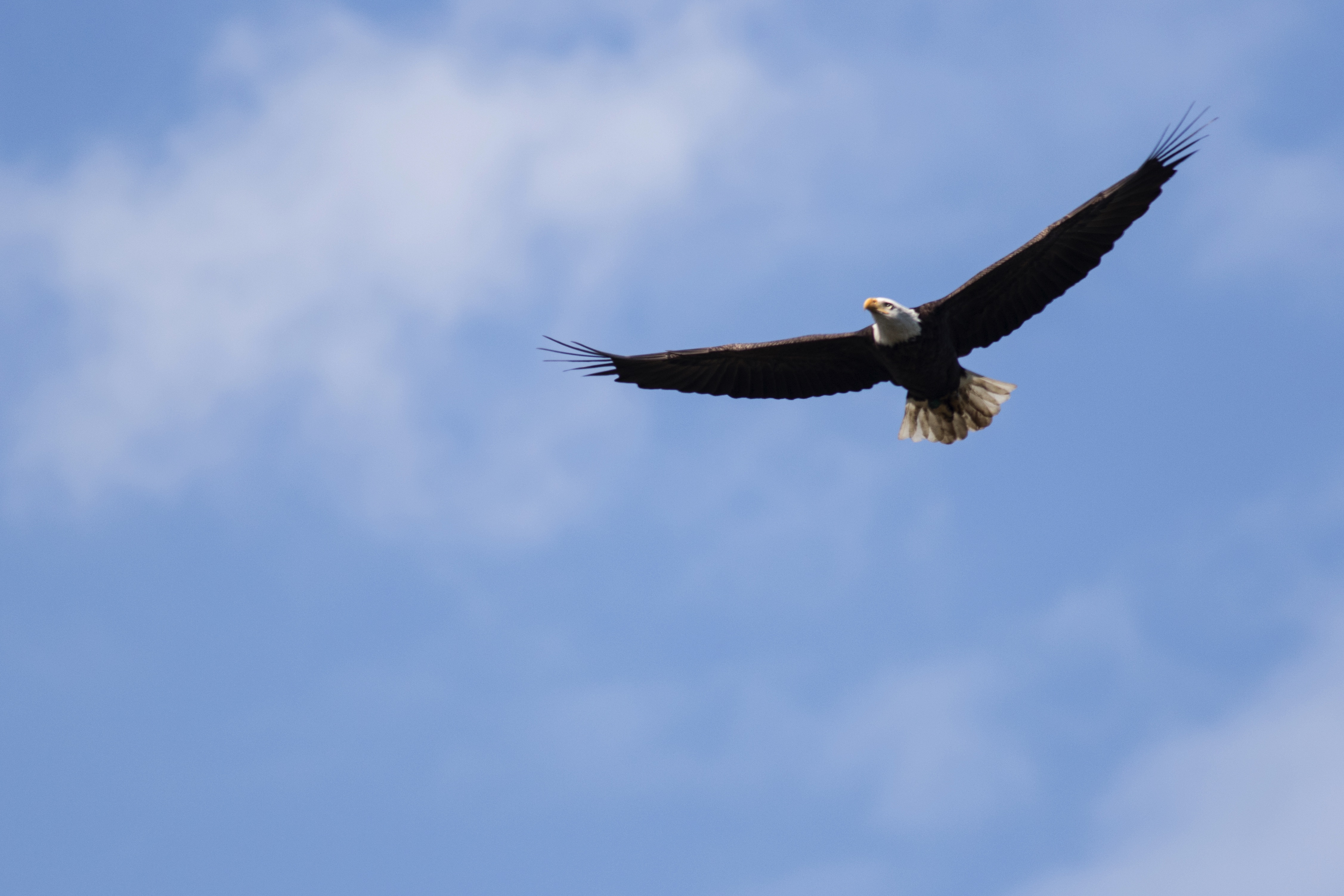Don't Feed the Wildlife !
Many different kinds of animals are in the park besides birds. Everone has seen the deer and many are surprised and frightened when the deer get too close. That happens because some people have been feeding them. This is a terrible mistake. People need to be reminded that deer are wild and can become agressive, especially during rutting season. People have been feeding other mammal species as well. If these animals come too close, or become agressive, Parks Department will likely have to eradicate them. During the winter, many of us enjoy feeding birds. Actually, birds have been surviving without our help for a very long time through the winter. They really don't need our handouts but it definitely is fun to feed them.
City Island Birds was created in 2007 to bring birders, and would be birders, to the park. Everyone has always been and always will be welcome. Our walks are always friendly, non-competitive, fun and free. We all love to see great birds, but without each other, it's never as enjoyable.
Everyone Will Always Be Welcome
The Winter Migration
The best birds to find now are likely in the waters around the park. Use your binoculars, or better yet, a scope, to find great waterfowl. The lookouts on the north side of Hunter Island are a good place to find these waterfowl. Winter passerines have been slow to filter in but as soon as some colder weather arrives, we should be sseeing more of them.
Avoiding the Parking Fees (ends Sept. 12)
As you probably know, Orchard Beach is now charging $10.00 to park on weekends and $8.00 during the week. Seniors get a discount during the week.
Rodman’s Neck and Turtle Cove parking are closed. If you would like to bird the park and avoid the fees, I can offer a couple of strategies.
1. Park your car on City Island, just over the bridge. There is usually parking around Dunkin’ Donuts or across the street. Walk over the bridge. It may look daunting, but it took me less than 5 minutes at a normal walking pace. There are some nice views, and sometimes an interesting bird or two. Continue walking the paved path on the right and you will arrive at Turtle Cove. If you continue, you will be at Orchard Beach. Just reverse your course to get back.
2. Park your car on City Island and walk over the bridge. Just as you cross onto the mainland there is a wide path/road to the right that takes you to the shoreline. Continue to a nice, wide, wood-chipped path that follows the shoreline and ends at the Southeast corner of Orchard Beach. Here you have some options.
a. You can continue, and walk on the boardwalk. Then if you wish, easily find your way to Hunter Island. You can reverse your course or walk a paved path to return to your car.
b. Alternately, follow along the grassy area/tree line and you will eventually come to a wide gravel road on your left. If you walk this road you will soon come to a small dumpster area. Continue walking, the road turns from a wide road into a wide path and veers left. A little after it veers left, you will see a small foot path on your right just before a sign that says, "Natural Area Restoration in Progress". This path will take you directly to Turtle Cove. From there you can take the paved bike/walking path back to City Island and your car.
c. If you don’t take the footpath, but continue on, you will eventually be back on Orchard Beach where you began. Alternate paths on the right will lead you back to the bike/walking path to City Island. You really can’t get lost.
Think of it as a birding adventure. None of this is more than 2-3 miles total. Just be aware of ticks and some possible muddy spots.
Don’t forget your sunscreen, water and mask.
Saul's Science Watch
My birding buddy Saul has been writing wonderful science articles for the Hudson River Audubon Society.
You can link for years of wonderful insights and information. Just scroll to the bottom for a complete list.
